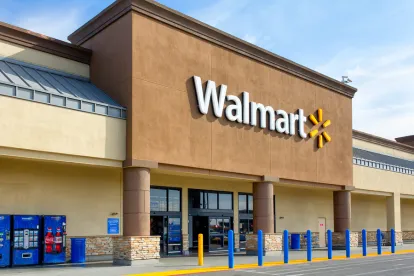In Luna v. Wal-Mart Trans., LLC, 2018 WL 5726204 (W.D. Ark. Nov. 1, 2018), the Court provided a good reminder that there are exceptions to the FCRA’s “stand-alone” disclosure requirement.
Under the facts of the case, plaintiff Leonard Luna completed a multipage, online application for a truck-driving job with Wal-Mart Transportation. One of the forms authorized Wal-Mart to obtain a consumer report of Luna and contained additional extraneous information. After Wal-Mart obtained Luna’s driving record, it denied him employment.
Luna brought a claim against Wal-Mart pursuant to 15 U.S.C. § 1681b(b)(2)(A)(i), which generally requires an employer to get a prospective employee’s authorization for it to obtain the employee’s credit report for use for employment purposes through a clear and conspicuous written disclosure in a document that consists solely of the disclosure. Wal-Mart moved to dismiss the complaint pursuant to FED. R. CIV. P. 12(b)(6) because it argued that it was not required to comply with the stand-alone disclosure requirement because Luna’s case fit within an exception to the general rule.
Specifically, Wal-Mart pointed out that 15 U.S.C. §1681b(b)(2)(B) and 15 U.S.C. § 1681b(b)(2)(C) collectively provide an exception to the stand-alone disclosure requirement for consumers who apply for a position overseen by the Secretary of Transportation provided that, at the time the consumer filled out the application, the only interaction between the consumer and the potential employer in connection with the position was by mail, telephone, computer, or similar means. If the consumer meets these requirements, the party seeking the consumer report only has to provide the consumer notice that a consumer report may be obtained for employment purposes by oral, written, or electronic means, and, once the notice is provided, the applicant must consent to the procurement orally, in writing, or electronically. Because Luna alleged that he applied for a truck-driving job – a position overseen by the Secretary of Transportation, admitted in his complaint that Wal-Mart provided him with the required disclosure, albeit not in a stand-alone form, and admitted that he consented to Wal-Mart’s disclosure, the Court dismissed his claim.




 />i
/>i

